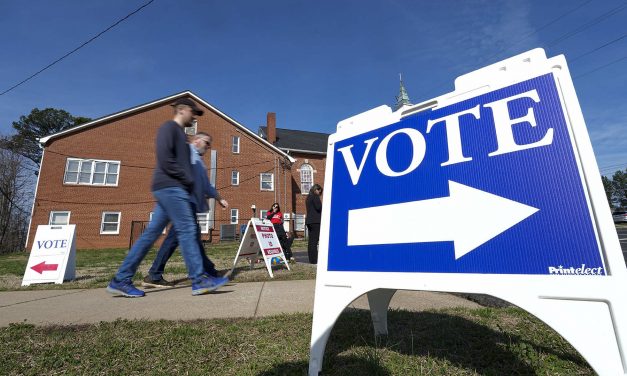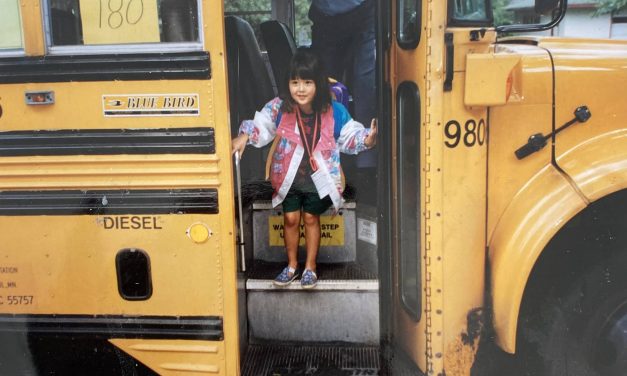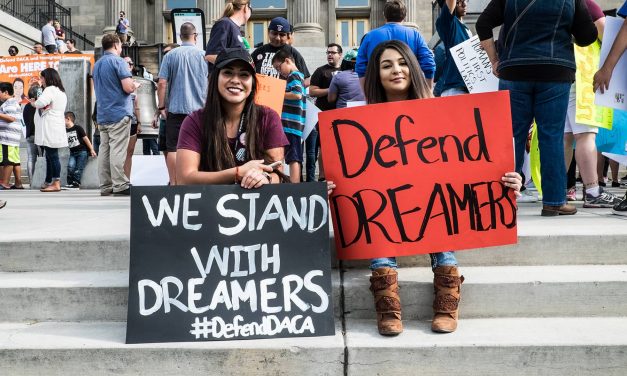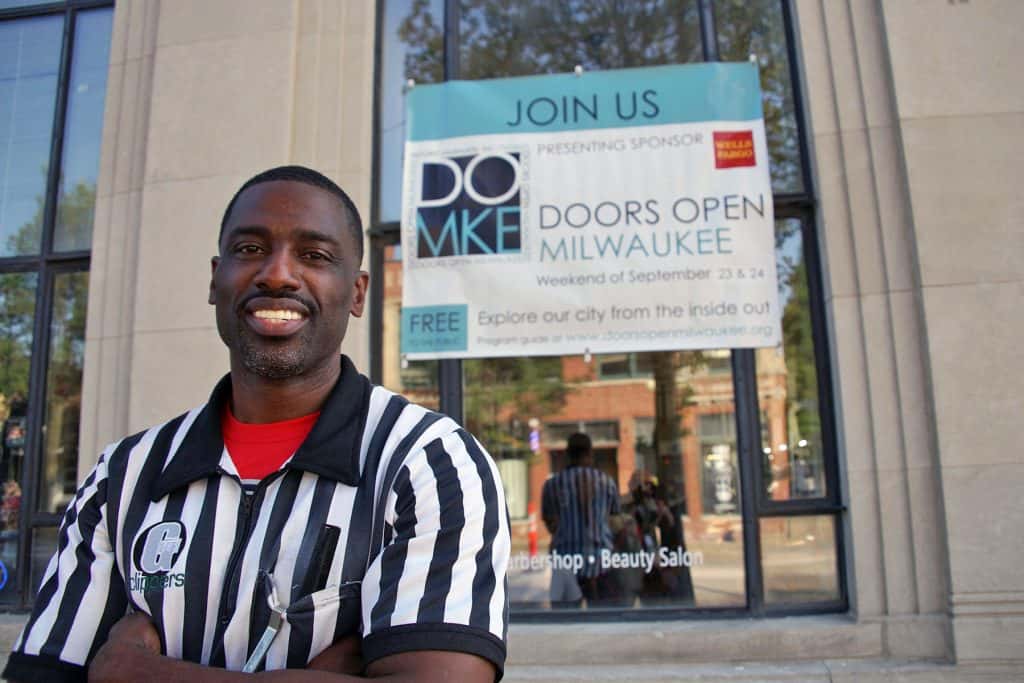A Political Paradox: Why Gen Z’s cynical worldview goes beyond stereotypes of disenfranchised youth
Over the past several years, media pundits have repeatedly documented Gen Z’s unique engagement with politics. Nearly three-fourths of “Zoomers,” the generation born after 1996, are involved in a social or political cause. They are the age demographic with the highest likelihood of being politically motivated to participate in boycotts, and almost 75% of them believe that being “politically engaged is important to [their] identity.” However, where they lack political presence is at the polls. If voting is considered to be a baseline criteria for being “politically engaged,” the percentage of Zoomers that fit the bill would drop from...
Read More














